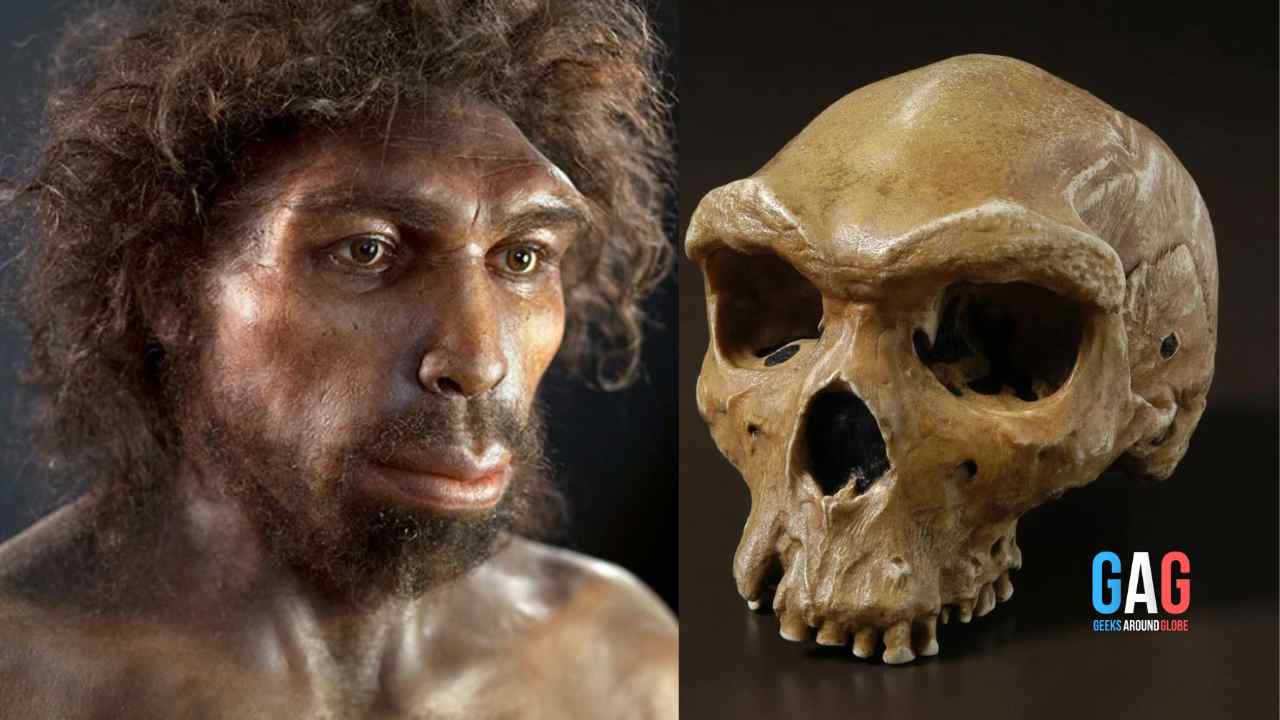A new study has some exciting discoveries about an ‘almost wipe out’ of humans. Surprisingly, early human ancestors faced extinction years ago! Before our species, Homo Sapiens came into existence, humans faced a serious reduction in the population. This caused a loss of about 98.7% of the human ancestors!
This bottleneck of the population took place between 800,000 and 900,000 years ago. Adding more to that surprising revelation, Humans have survived with just 1,280 breeding individuals! A proper expansion with the remaining breeding individuals did not take place for about 117,000 years. Let’s dive in to know more.
Research Study and Findings
“About 98.7% of human ancestors were lost. Fossil record in Africa and Eurasia between 950,000 and 650,000 years ago is patchy and the discovery of this bottleneck may explain the chronological gap,” says the co-author of the study and a population geneticist at the University of Chinese Academy of Sciences, Haipeng Li.
Population bottlenecks do happen in the history of evolution. They are capable of a significant reduction in the genetic diversity across the species. They can also cause people to lose the population to lose their good health. According to this study, the human population has also lost about two-thirds of our genetic diversity from this ‘near extinction.’
Researchers point out how the fossil records of our species didn’t appear until about 300,00 years ago. They also show that the ancestors of our population might have had impacts by the modeled bottleneck population.
“Whatever caused the proposed bottleneck may have been limited in its effects on human populations outside the H. sapiens lineage, or its effects were short-lived. The provocative study brings the vulnerability of early human populations into focus, with the implication that our evolutionary lineage was nearly eradicated,” says Nick Ashton, an archaeologist at the British Museum, and Chris Stringer, a paleoanthropologist at London’s Natural History Museum.
The researchers also show that the period of this near extinction has faced drastic climate change as well. These climate changes include changes in glacial cycles, longer periods of drought, etc. The researchers say that this change in climate and the near wipeout of humans has resulted in the emergence of a new species. The scientists conducted the study using genetic modeling. This research has remarkable findings about human history!
Conclusion
A new study has some exciting discoveries about an ‘almost wipe out’ of humans. Surprisingly, early human ancestors faced extinction years ago! A serious reduction in the population has caused a loss of about 98.7% of the human ancestors! Humans have survived with just 1,280 breeding individuals and a proper expansion with the remaining breeding individuals did not take place for about 117,000 years.
